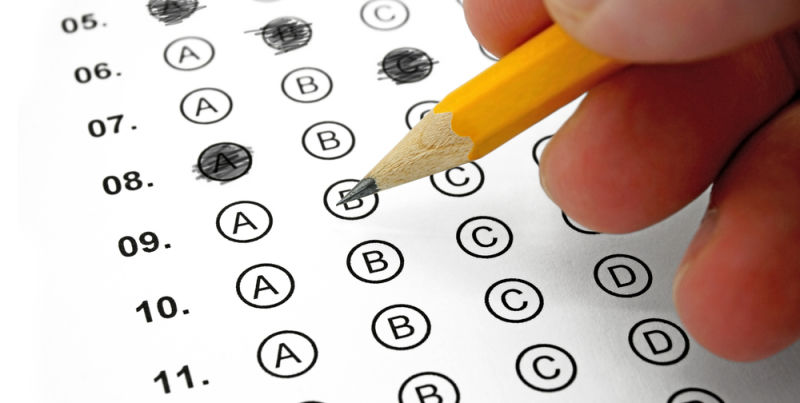The standardized exam taken by high school seniors and juniors to get into college, better known as the SAT, has been hacked. Last year, the test was administered nearly 1.7 million times, and its popularity within college admissions is based primarily on fairness: any test-taker is aware that it is extremely difficult to cheat the SAT.

However, a significant number of SAT test-takers in Asia have benefitted from a hack in the system. The College Board, the nonprofit organization that owns the SAT, has admitted widespread issues with the test’s security in recent years. But, the security breakdown is much more extensive than what College Board has publicly disclosed. Additionally, Reuters also discovered eight occasions since late 2013 where test material was circulating online before the SAT was administered overseas.
To save money, the College Board has repeatedly “recycled” the questions and answers of tests given in the United States when creating tests for the overseas markets. As a result, overseas test preparation academies (known as cram schools), gather enough information about the U.S. tests to produce a valid answer key for their own students.
The information comes from an array of sources, including but not limited to: test-prep center associates taking the exam and memorize what they see; photographing the test booklet; analyzing test information that Americans share on Internet forums; or even through cram schools obtaining actual SAT tests.
In 2013, the College Board knowingly administered an SAT in China with materials that had been leaked through Chinese message boards, where questions and answers were extensively discussed. But even with stronger security measures in place, there seems to be no effect. In March 2016, the content of an SAT exam given in the U.S. was leaked on the Internet a few days later.
While the leaked exam issue can be easily rectified if College Board created unique exams for each market or country, it is reluctant actually to do so. The company states that “the cost of using an exam only once would be passed onto test-takers, who could end up paying more than double the current fee of up to $54.50.”
For those residing in the U.S., there is (or was) at least one known loophole to circumvent the SAT’s score history system, which records the total number of times a student takes the test. As most schools request all of students’ SAT scores, it’s better to have done well on as few attempts as possible. Kai Peter Chang, an angel investor, explains how he defeated the system:
I understood at age 15 that a single, solitary high SAT score was far more impressive than multiple attempts to arrive at it. At the time (this may have changed), the ETS tracked your SAT-taking history through your Social Security Number. With this in mind, every time I took the SATs between Sophomore and Junior year, I deliberately wrote my SSN off by one digit.
When I finally got the score I wanted (1510/1600 in my case), I called up ETS and raised hell, telling them they screwed up my SSN and demanding that they correct it to my true SSN. “Oh, we are so sorry Mr. Chang. We will fix that for you immediately. Please accept our apologies …”
Consequently, only one high score was attached to my true SSN, and it became the basis for my applications.
Given the negligent security measures that happened in Asia, this doesn’t come as much of a surprise.
The full investigation surrounding the SAT can be found here and here.
Source: Gizmodo
Advertisement
Learn more about Electronic Products Magazine





